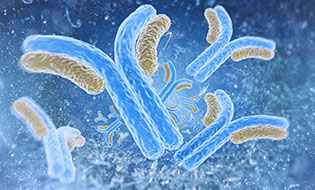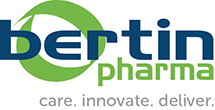Toxicology: Over 20 years of Experience

Bertin Pharma has more than two decades of experience in ImmunoToxicology and Safety ImmunoPharmacology.
This experience has allowed Bertin to get close to the CERB, more specialized on other issues, more traditional, of Toxicology (e.g. genotoxicity, reproductive toxicology, etc.) and Safety Pharmacology.
Immunotoxicity
As mentioned in the S8 ICH guideline entitled Immunotoxicity Studies for Human Pharmaceuticals, “all new human pharmaceuticals should be evaluated for the potential to produce immunotoxicity and, methods include standard toxicity studies (STS) and additional immunotoxicity studies conducted as appropriate.”
T-cell
T-cell Dependent Antibody Responses (TDAR) following for instance a Keyhole Limpet Hemocyanin (KLH) immunization is recommended to measure the immune function. Immunophenotyping of different cell populations in blood circulation is also of great interest to identify cell populations affected and might provide useful clinical biomarkers.
More specific cell-based and animal models are also used to better characterize ImmunoToxicology and its mode of action. Primary cultures of human immune cells (lymphocytes, monocytes, macrophages, dendritic cells, neutrophils, etc.) allows to be more relevant of the human risk. Similar assays are also performed for other species and, comparison between different species including humans were performed according to this principle.
